Heirloom versus other seeds: worth the price?
meghan_rose
15 years ago
Related Stories
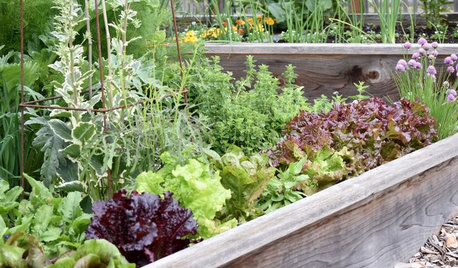
GARDENING GUIDESSeeds or Seedlings? How to Get Your Garden Started
Growing delicious herbs and vegetables starts with knowing your goals and when you want to plant
Full Story
ARTLet's Put a Price on Art: Your Guide to Art Costs and Buying
We paint you a picture of what affects an artwork's price — plus a little-known way to take home what you love when it's beyond your budget
Full Story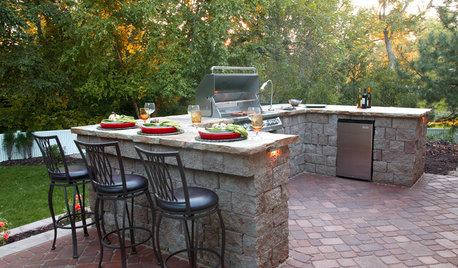
OUTDOOR KITCHENSYour Guide to Grills and More for Great Outdoor Cooking
Learn the pros and cons of gas versus charcoal grills, and about neat add-ons that let you do more
Full Story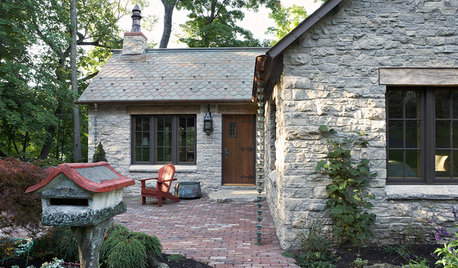
GREEN BUILDINGHouzz Call: What Have You Salvaged for Home Use?
If your floors, furniture, exterior materials or other home elements have a past life, we'd like to hear the story
Full Story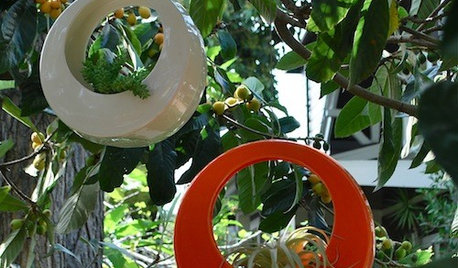
GARDENING AND LANDSCAPING40 Great Gifts for Gardeners
What to Get for Green-Thumb Types. It's a No-Gnome Zone.
Full Story
HEALTHY HOMEGet the Lead Out: Lead Safety at Home
Keep your family safe by properly testing for and dealing with lead in old painted surfaces, water and soil
Full Story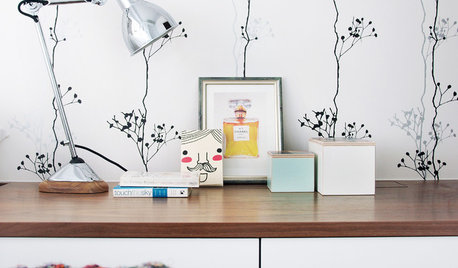
LIFE10 Steps for Saying Goodbye to Sentimental Objects
Are keepsakes cluttering your space and your life? Consider this approach for letting go and moving on
Full Story
SELLING YOUR HOUSE10 Ways to Boost Your Home's Resale Value
Figure out which renovations will pay off, and you'll have more money in your pocket when that 'Sold' sign is hung
Full Story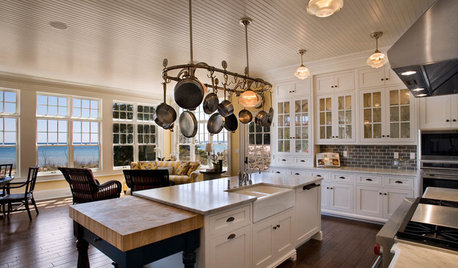
KITCHEN DESIGNKitchen Confidential: Glass Cabinet Doors Are a Clear Winner
We look at 9 types of decorative panes and 8 places to use them
Full Story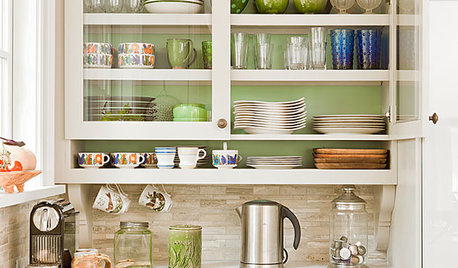
KITCHEN CABINETSChoosing New Cabinets? Here’s What to Know Before You Shop
Get the scoop on kitchen and bathroom cabinet materials and construction methods to understand your options
Full StorySponsored
Industry Leading Interior Designers & Decorators in Franklin County



justaguy2
digdirt2
Related Discussions
wanted: *and* have: certain heirloom tomato seeds
Q
Heirloom PLANTS versus seeds- to buy
Q
Are hybrid bell pepper seeds worth the price?
Q
Miele Oven -- worth the $$$ versus . . . .
Q
bella_trix
gratefuled
knittlin
raisemybeds
kayhh
anney
zeedman Zone 5 Wisconsin
nc_crn
nc_crn
californian
pagardner
digdirt2
pagardner
eaglesgarden
staticx
anney
staticx
plant-one-on-me
anney
plant-one-on-me
digdirt2
nc_crn
plant-one-on-me
bella_trix
nc_crn
plant-one-on-me
skagit_goat_man_
justaguy2
nc_crn
nc_crn
organic_polly
skagit_goat_man_
eaglesgarden